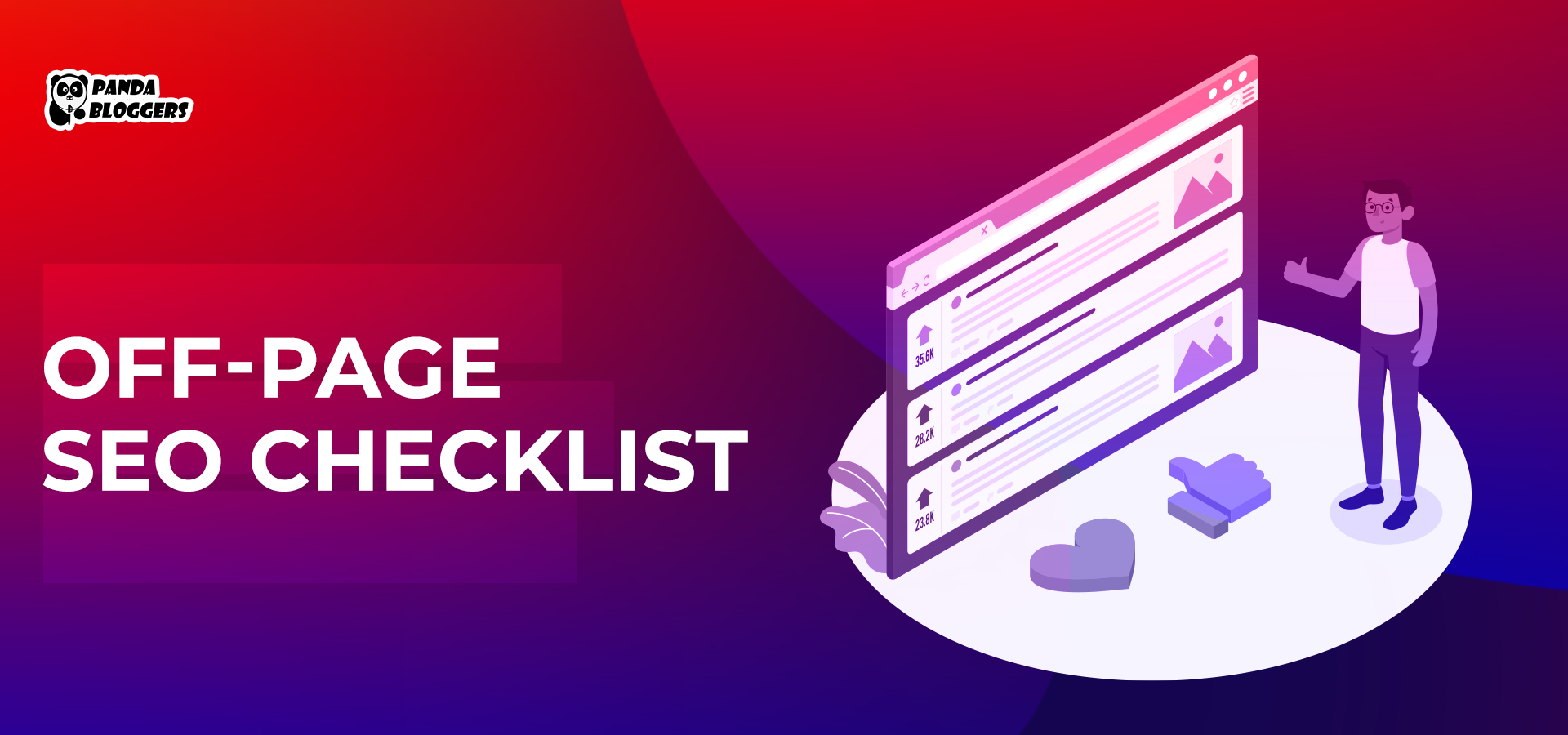 Off-Page SEO Checklist
Off-Page SEO Checklist
As a tried and tested digital marketing strategy, search engine optimization (SEO) helps businesses increase website traffic, generate leads, boost sales, and increase brand awareness in the long run. However, a company can improve its website’s visibility and ranking on search engine results pages (SERPs) only by integrating on-page, off-page, and technical SEO tactics. Marketers optimize the content and source of web pages by making on-page SEO checklists. An on-page SEO checklist covers the points or factors essential for optimizing fresh content according to the latest search engine guidelines. At the same time, marketers add credibility and authoritativeness to the website by making comprehensive off-page SEO checklists.
While making an off-page SEO checklist, marketers these days consider Google’s search quality rater guidelines – Expertise, Experience, Authoritativeness, and Trustworthiness (E-E-A-T). They add trustworthiness and authoritativeness to web pages using off-page SEO tactics like link building, content marketing, guest posting, social media marketing, and consumer-generated content marketing.
Hence, an off-page SEO checklist focuses on leveraging various digital marketing channels and tactics. However, marketers boost a company’s online presence and reputation by considering additional factors and several best practices. We are discussing these essential components in the off-page SEO checklist that build authority and trust for a website.
12 Essential Components of an Off-Page SEO Checklist
Link Building
Marketers enhance a website’s authority, visibility, and credibility by securing backlinks. However, they must prioritize quality over quantity while making link-building strategies. For instance, they should focus on acquiring links from reputable and credible websites, instead of increasing the number of backlinks. At the same time, they must allow search engines to crawl backlinks by making them do-follow. However, they must enable search engines to find, index, and understand pages on the website by following internal linking SEO best practices.
Link Audits
In addition to acquiring high-quality backlinks, marketers must ensure that the website’s backlink profile remains healthy. That is why; the off-page SEO checklist must make link audits an ongoing process. Regular audits will help marketers uncover issues impacting the website’s link profile negatively. For instance, marketers can boost the website’s search performance by fixing broken links and removing toxic links. Also, they can discover new link-building opportunities by analyzing competitors’ link profiles and finding fresh content ideas.
Local SEO
Unlike online stores, brick-and-mortar stores must improve their visibility on local search results. The strong offline presence helps them attract customers in nearby areas. Marketers strengthen a store’s online and offline presence by implementing local SEO tactics. For instance, they include keywords customers use while searching for a local business. Likewise, they provide detailed information to customers by optimizing the store’s profile on Google My Business. Hence, local SEO is an essential component of the off-page SEO checklist for offline and traditional businesses.
Social Media Promotion
Several studies suggest a surge in the number of consumers who gather information about products, services, and brands using social media instead of search engines. Marketers enhance a website’s trustworthiness and credibility by leveraging the massive popularity of social media. When making an off-page SEO checklist, they connect with and engage the target audience on relevant social networks. At the same time, they increase customer reach and brand awareness by requesting social media users to like, share, and comment.
Guest Blogging
Search engine algorithm updates penalize websites that increase the number of backlinks artificially and unethically. Marketers earn high-quality backlinks ethically using guest blogging as an effective off-page SEO tactic. Guest blogging helps a brand showcase its experience and expertise by publishing blog posts on sites relevant to its niche and industry. In addition to creating link-building opportunities, guest blogging improves brand visibility and customer reach simultaneously. Marketers follow search engine guidelines and adopt best practices by making guest blogging guides.
Forum Submission
Online forums or message boards provide Internet users a platform for discussing topics, sharing ideas, and answering questions. Many consumers interact with existing buyers on online forums before making purchase decisions. Marketers can showcase a brand’s expertise and authority by posting content and answering questions on popular online forums. At the same time, they can strengthen the website’s link profile by securing high-quality backlinks from online forums.
Content Publication
Marketers attract, engage, and retain consumers by distributing content in various formats – articles, blogs, videos, podcasts, and infographics. While strategizing content marketing, marketers usually focus on generating more leads, increasing brand awareness, and fostering brand loyalty. However, they can earn high-quality backlinks by including content marketing in the off-page SEO checklist. When distributing content, they must focus on showcasing experience, expertise, and authoritativeness. In addition, they should earn high-authority backlinks by publishing content strategically.
Question and Answer
Question-driven platforms like Quora create opportunities for brands to establish thought leadership by answering various questions. In addition to connecting with the target audience, brands use Quora to earn high-quality backlinks. While making the off-page SEO checklist, marketers must focus on answering relevant questions regularly. However, they must engage the target audience by posting relevant and insightful answers. The regular postings help them divert organic website traffic while creating backlinks naturally through profiles, answers, and comments.
Podcasts and Webinars
While accessing information, new-generation consumers watch online videos or listen to podcasts instead of reading blogs, articles, and other textual content. Brands establish authority and credibility by publishing podcasts or hosting webinars. They share views, ideas, and thoughts on niche topics and trends by distributing online videos and podcasts. The multimedia content publication helps marketers drive off-page SEO by securing backlinks. They improve the website’s search visibility by optimizing titles, descriptions, and metadata.
Unlinked Brand Mentions
While reviewing products or mentioning company names, content creators often mention brand names without including website links. Such brand mentions create opportunities for marketers to earn high-quality backlinks. Leading SEO tools help marketers detect and track unlinked brand mentions. Marketers can further use SEO tools to collect webmaster’s email addresses based on domain names. They convert the unlinked brand mentions into quality backlinks by contacting the webmaster. Hence, they make unliked brand mentions a key component of the off-page SEO checklist.
Shareable Content Publication
This off-page SEO tactic helps marketers generate high-quality backlinks without implementing link-building strategies. Bloggers and content creators enhance content quality by including the latest statistics, survey results, market research data, industry insights, and unique research. When brands publish such shareable content, it becomes easier for marketers to secure backlinks organically. However, the off-page SEO tactic will generate backlinks when the content is original and insightful.
Influencer Collaboration
Brands collaborate with influencers to increase brand awareness, influence buying decisions, and foster customer loyalty. The collaboration creates opportunities for marketers to boost off-page SEO by generating high-quality backlinks. They request influencers to include relevant keywords and website URLs in the promotional content. When followers share the promotional content published by the influencer, marketers increase the number of high-quality backlinks while adding trustworthiness and credibility to the website.
Conclusion
In addition to making on-page and off-page SEO checklists, marketers make it easier for search engines to find, access, and understand web pages by focusing on technical issues. In addition to improving a website’s technical aspects, the technical SEO checklist ensures compliance with technical requirements set by major search engines. However, marketers combine on-page, off-page, and technical SEO tactics while making WordPress SEO checklists.



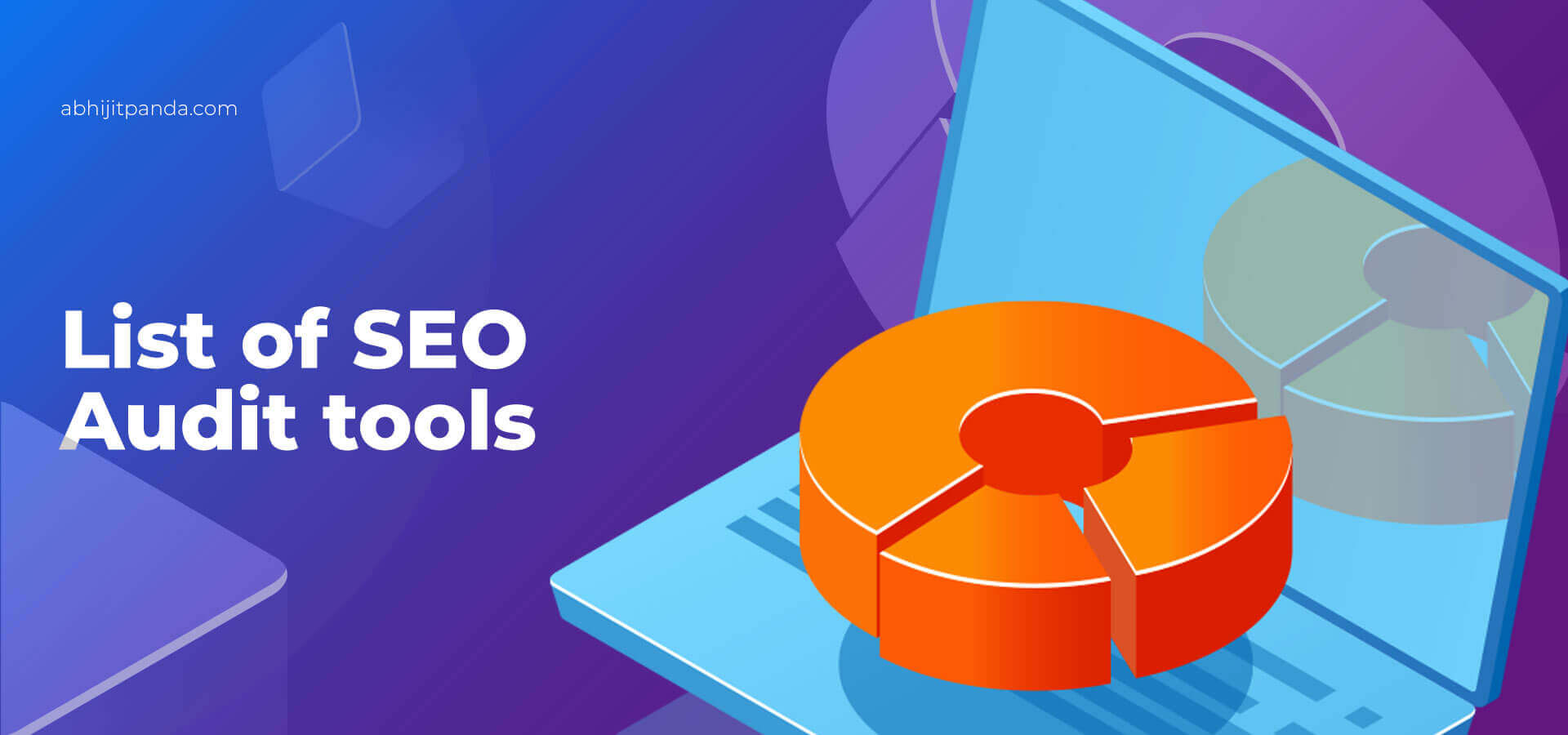
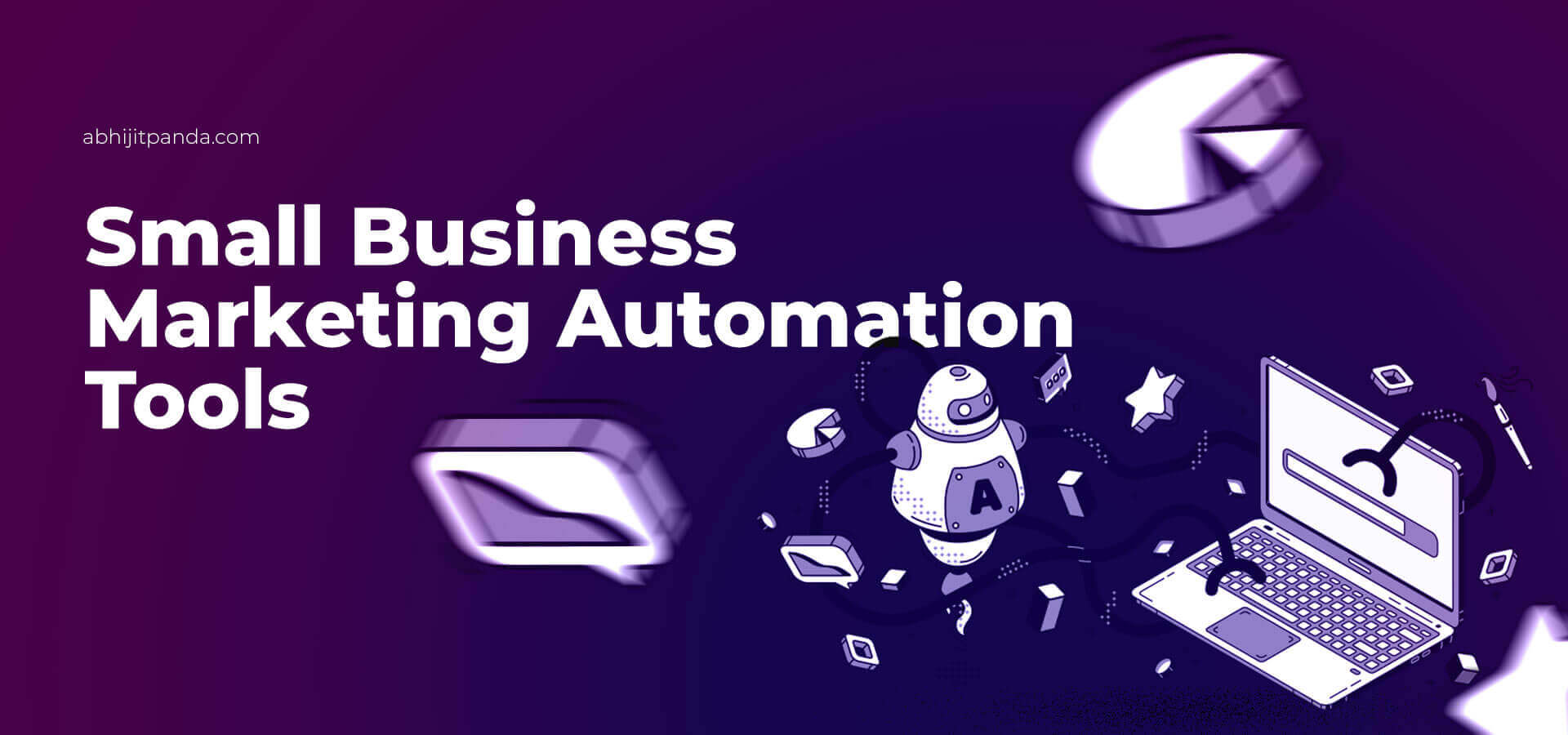
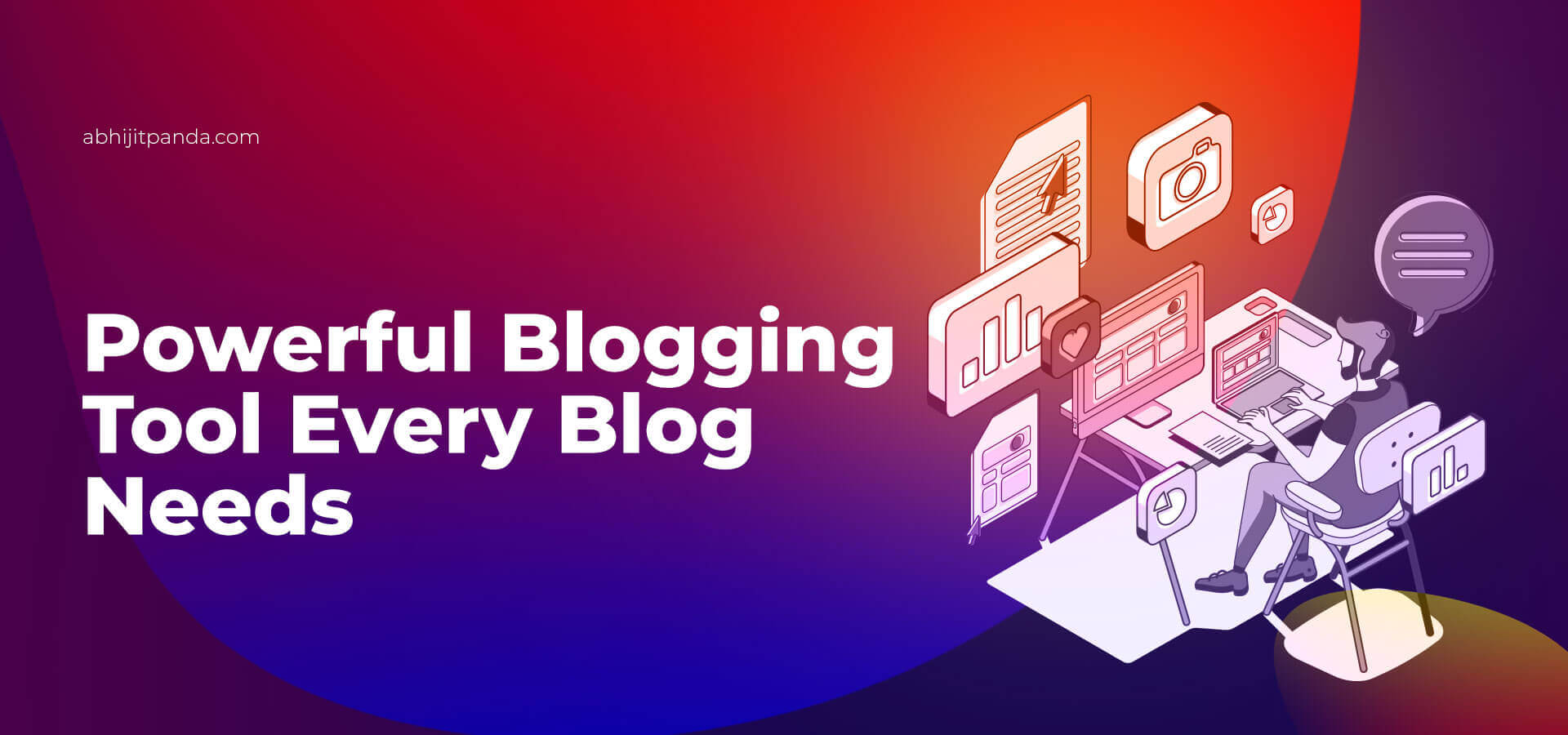
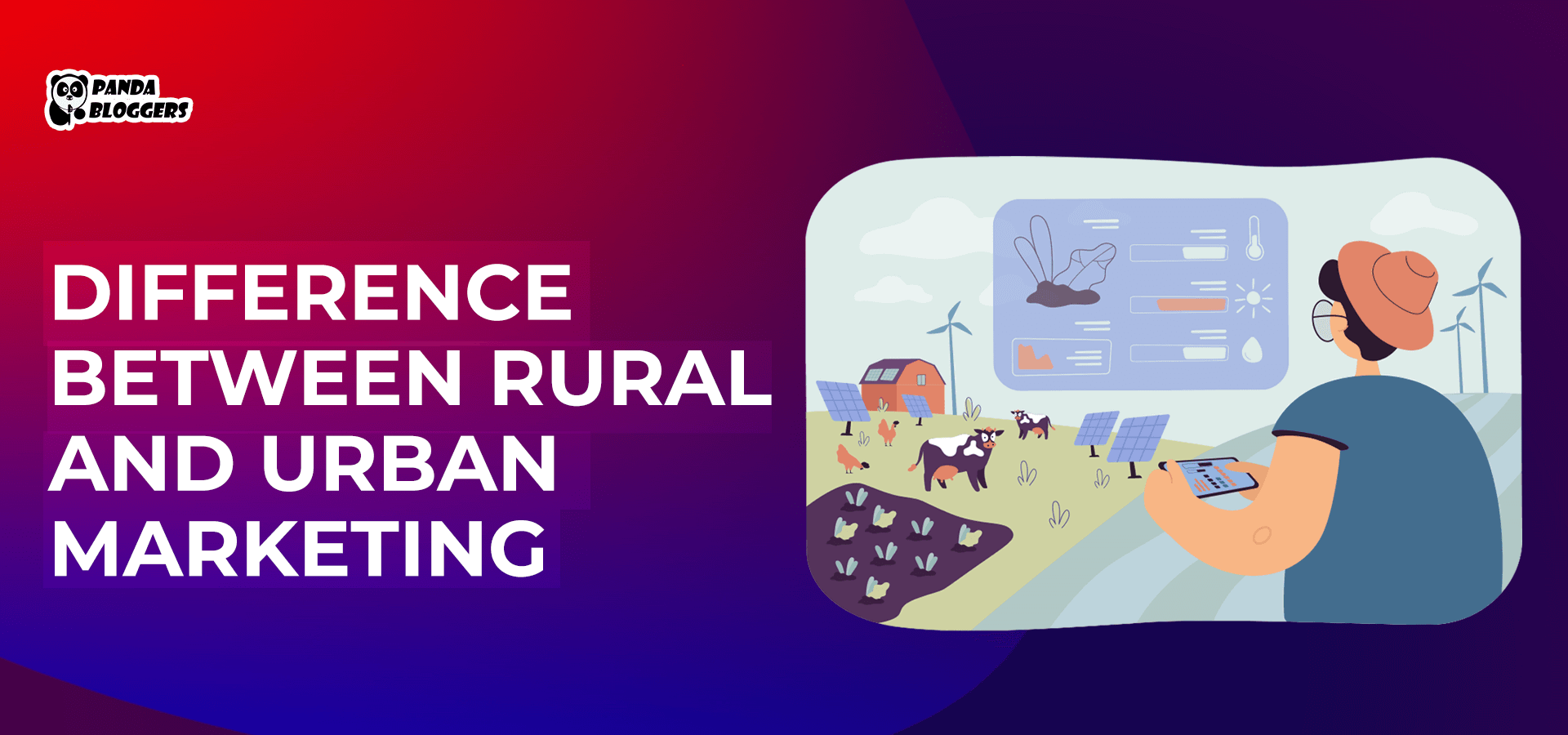

Leave a Reply